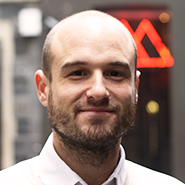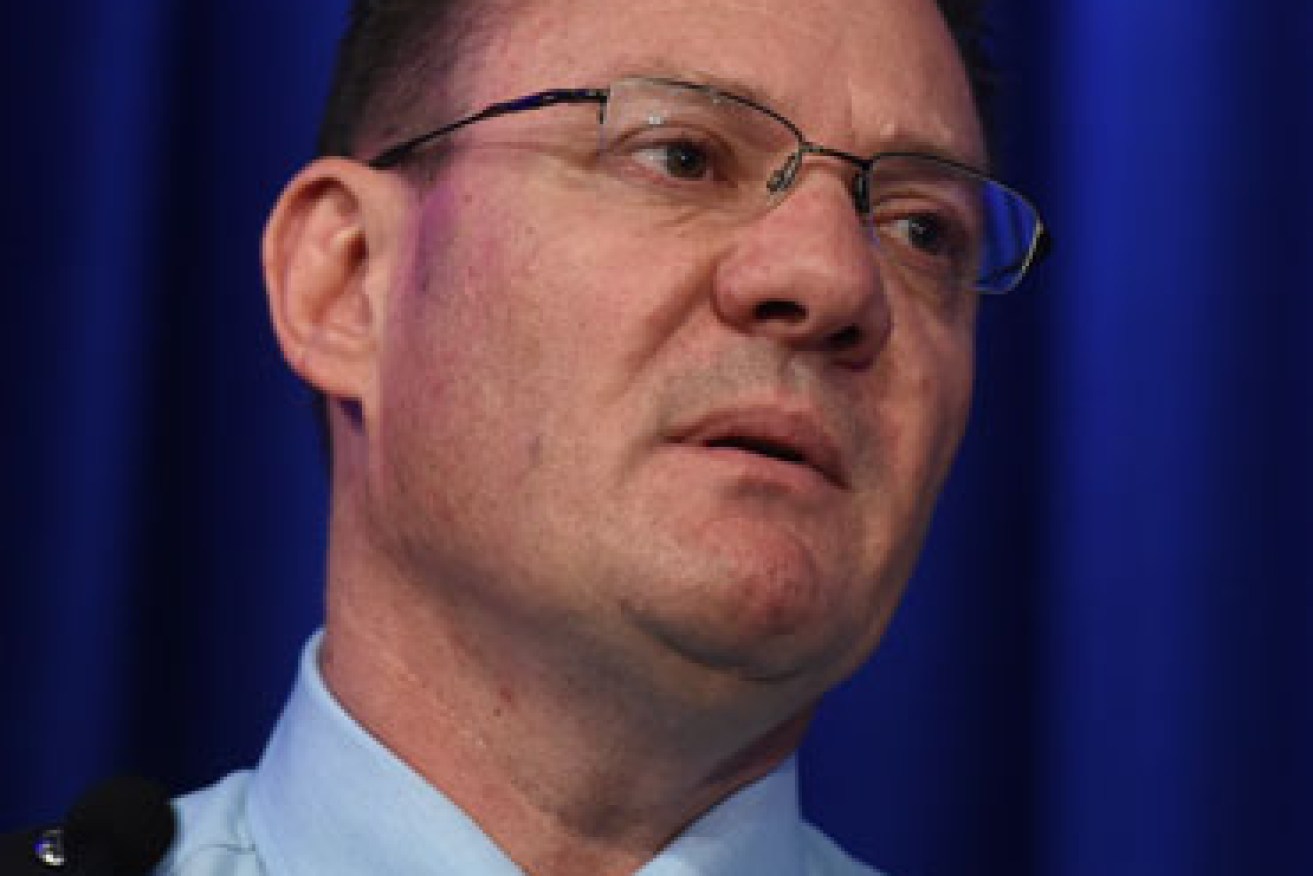Bali Nine families ‘don’t deserve apology’


AAP
The Australian Federal Police don’t believe they owe the families of Myuran Sukumaran and Andrew Chan an apology for the chain of events that led to the executions of the two men. In fact, if they had their time over again, the AFP may do the same, they conceded today.
After years of silence on the decision to alert Indonesian police to the Bali Nine’s drug-running, AFP Commissioner Andrew Colvin finally spoke up on the Force’s behalf, telling a packed press conference: “I don’t believe we owe them (the families) an apology.”
Sukumaran and Chan were executed on April 29 for their roles in the drug smuggling operation of April 2005. Because they were apprehended in Indonesia following an AFP tip-off they paid with their lives under that country’s tough anti-drug laws.
But Commissioner Colvin was unrepentant today.
• Executed Bali Nine leader Myuran Sukumaran ‘could have escaped’
• Abbott govt weakened death penalty orders
• Senator to grill AFP over Bali Nine involvement
“We can’t apologise for the role we have to stop illicit drugs coming to this country,” he said. “Which Australian citizens do you want us to protect?”
Commissioner Colvin revealed the AFP did not have enough evidence to stop members of the group before they left Australia.
“We were not in a position to arrest any of the members of the Bali Nine prior to their departure from Australia,” he said.

AFP Deputy Commissioner Michael Phelan has weighed up his role in the Bali Nine arrests over the past 10 years. Source: AAP
But Mr Bob Myers, the Brisbane lawyer who a decade ago contacted the AFP on behalf of the father of Bali Nine member Scott Rush, immediately cast doubt on the Commissioner’s claim. He accused the AFP of “blatantly selling out” the Bali Nine for a perceived “common good”.
“It was better that these people were subject to the death penalty rather than innocent Australian lives lost due to importation of drugs – that seems to be their justification,” Mr Myers told Fairfax.
“They probably had sufficient evidence to charge them in February (2005), if not in March. Certainly by the 8th of April when Scott went through, the passport alert system was activated on three occasions. They could have had it all under control.”
However, Commissioner Colvin said, “at no time in either of these conversations … did the officer promise that Scott Rush would be stopped from travelling to Bali, nor did he have the ability to do so”.
Rush was arrested in Bali when he tried to fly home with heroin strapped to his body.
More than eight kilograms of heroin was to be imported to Australia through the operation.
He was initially sentenced to death, but later had his sentence reduced to life in prison.
Operational guidelines for the AFP were changed after 2005 to make officers consider whether information shared with overseas agencies could lead to an Australian being exposed to the death penalty, Deputy Commissioner Leanne Close said.
Commissioner Colvin said if faced with similar circumstances, the AFP would not avoid sharing information solely to protect Australians from the death penalty.
“On the key question of could this happen again, I wish I could assure you that this scenario could never happen again. But I cannot,” he said.
“Every circumstance is different.”
He said since the Bali Nine bust there had been other instances of sharing information with countries that have the death penalty.
But he hoped the arrests and executions of Bali Nine members would send a message to anyone thinking of committing crimes overseas.
“If there is to be a message out of these executions that we saw last week … I sincerely hope it is that other young lives are saved by people thinking twice before participating in serious crimes overseas.”








